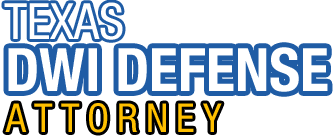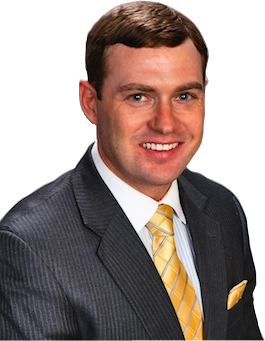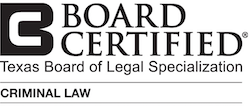DWI 3rd or More
DWI 3rd (or more arrest)
A third driving while intoxicated (DWI) offense can result in a felony conviction, which can permanently limit educational, and/or occupational and educational opportunities, limit an individual’s right to vote in Texas, prevent an individual from possessing or owning a gun, and/or create a criminal record.
The majority of DWI charges are filed as misdemeanors. However, certain DWI cases can be filed as felonies offenses. Felonies always carry harsher penalties and are very much more serious in nature (as stated above).
The main offenses where a DWI charges can be filed as a felony, rather than as a misdemeanor, is where there are 2 (or more) prior convictions for DWI, where the DWI occurs with a child passenger in the vehicle, or where an accident resulted in serious bodily injury (Intoxication Assault) or death (Intoxication Manslaughter). Texas law does not provide for any increased punishment after a 3rd DWI conviction offense, however.
If a person is arrested for a 3rd DWI or more, the range of punishment consists of possible confinement in the Texas Department of Corrections ("TDC") for a period not less than 2 years, but no more than 10 years. However, probation can be granted if the sitation and the facts permit. If you are faced with any felony DWI charge, you need an experienced Texas DWI Defense attorney that will analyze all factual issues involved with your case.
Potential Punishment Range
Potential range of punishment: Imprisonment in the institutional division for any term of not more than 10 years or less than 2 years, and/or a possible fine not to exceed $10,000.00.
Statute: Texas Penal Code: Section 49.09
DWI - 3rd or more Arrest Information
According to Section 49.04 of the Texas Penal Code, an individual can be charged with a DWI in Texas if they meet all of the following elements:
- They are intoxicated;
- While operating a motor vehicle; and
- While doing so operates the vehicle in a public place.
According to Section 49.04 of the Texas Penal Code, an individual can be charged with a DWI in if they operate a motor vehicle in a public place while they are intoxicated. An individual can be charged with a third DWI offense under Section 49.09(b) of the Texas Penal Code if they have previously been charged and convicted with at least two of the following offenses:
- Driving While Intoxicated - Section 49.04 of the Texas Penal Code;
- Driving While Intoxicated with a Child Passenger - Section 49.045 of the Texas Penal Code
- Flying While Intoxicated - Section 49.045 of the Texas Penal Code
- Boating While Intoxicated - Section 49.06 of the Texas Penal Code
- Assembling or Operating an Amusement Ride While Intoxicated – Section 49.065 of the Texas Penal Code
- Intoxication Assault - Section 49.07 of the Texas Penal Code
- Intoxication Manslaughter - Section 49.08 of the Texas Penal Code
Installation of Deep Lung Device (DLD)
A possible condition upon release from jail for a Felony DWI arrest, as a condition of bond (and possibly a condition of community supervision) is installing a deep lung device in your vehicle. This device is known as an ignition interlock device and requires the driver of a car to not have any alcohol in their breath before the vehicle will start. The purpose of this device is to measure the alcohol concentration in your breath. After blowing into the device, if your concentration is recorded as a 0.030 or above, your vehicle will be rendered unable to start. Until your concentration has fallen below that limit, your vehicle will not be able to be driven. Additionally, you are required to blow into the device every 20 minutes you spend behind the wheel. Any failures to start your vehicle, or an extremely low number of ignition starts ,will be reported to the courts. The device also usually requires the driver to blow in the machine while the person is driving to ensure they have not been drinking and driving.
***Warning: If you have refused to submit to chemical testing or failed a blood or breath intoxication test for DWI, you only have 15 days to request an administrative license suspension to get your license back.
Contact Us Now
Carl David Ceder, Attorney at Law, is knowledgeable in all areas of first, second, and third (or more) of DWI offenses, and will make every effort to find defenses applicable to your particular situation, mitigating factors to have your charges possibly reduced, dismissed, or have you acquitted (found "Not Guilty") at trial.
You can contact The Law Offices of Carl David Ceder at anytime for assistance at 214.702.CARL(2275) or at 469.2000.DWI(394). You can also e-mail Carl directly, at Carl@CederLaw.com; or to the office for general inquiries at Info@DFWDefenders.com. Phones should be answered 24 hours a day/7 days a week for immediate and personal assistance. E-mail messages will be responded to with 24-48 hours, depending on whether Carl is in trial.
Carl and his team take great pride in their work, and hope that you will consider making contact should you decide you would to inquire about anything further. Thank you for your time, and please contact the office with any questions and/or concerns you may have. hope to hear from you soon. Either way, Carl and his legal team wish you good luck and fortune for those reading this in the time ahead.




















